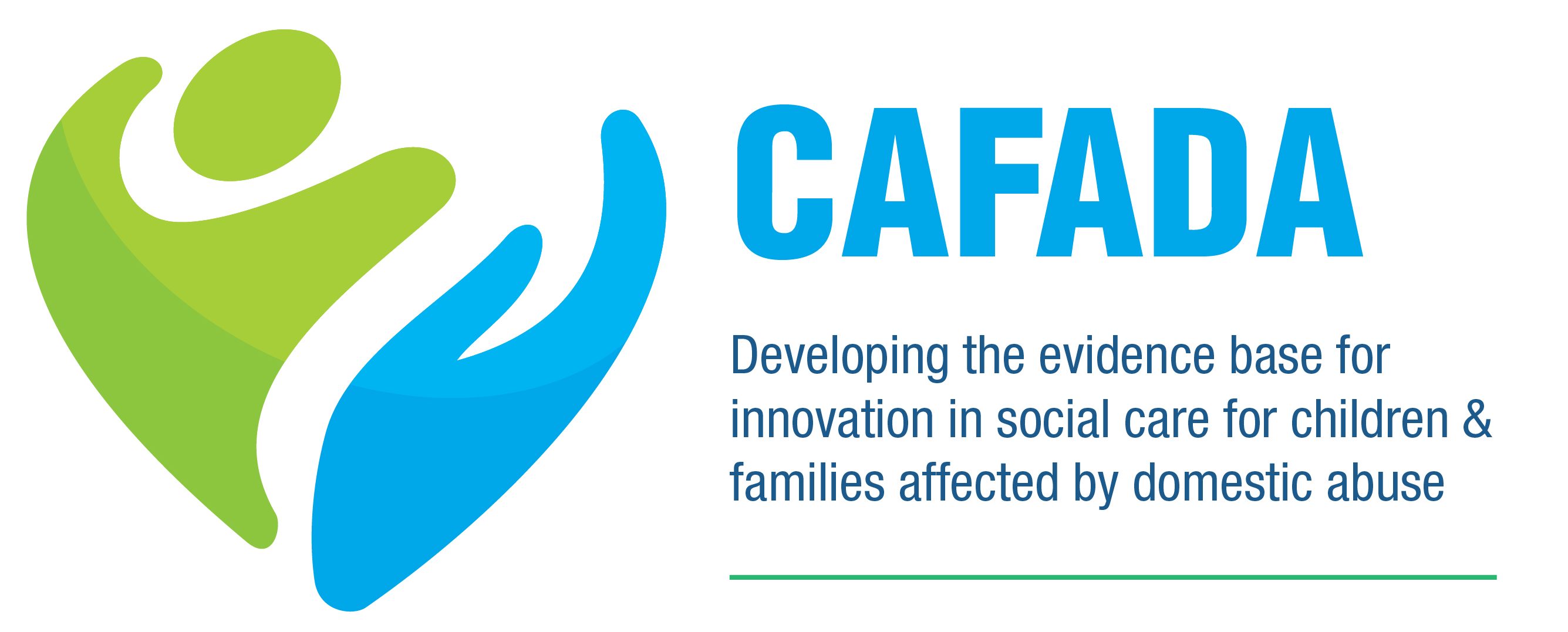CAFADA is a complex and data rich project, that will yield a large number of outputs. These will include interim reports, policy briefings, and academic publications. Information about these will be shared here.
CAFADA prepared a response to the Scottish Government’s call for evidence about women in the justice system. You can read our response below.
CAFADA researchers attended the 22nd Annual Conference of the European Society of Criminology (EUROCRIM 2022), “Criminology in a time of pandemic”, in Malaga, Spain. Below is a selection of the pre-recorded conference presentations delivered by CAFADA researchers, exploring different aspects of the CAFADA project.
Laura is a PhD researcher based in the Centre for Child Wellbeing and Protection at the University of Stirling. Laura’s research is exploring children’s involvement in Domestic Homicide Reviews, specifically the barriers and enablers to child participation. Her research interests include domestic abuse, children’s welfare and rights, trauma, and bereavement. Methodologically, Laura is interested in the use of digital and therapeutic approaches in undertaking research with children and young people.
Kelly is a Research Fellow based in the Connect Centre for International Research on Interpersonal Violence and Harm at the University of Central Lancashire. She has also recently worked with the VKPP. Kelly’s research has focused on young people living in DVA refuges, domestic homicide reviews, stalking and specialist service provision. She has undertaken a number of service evaluations to design and improve provision for vulnerable people. Kelly is active within the DVA sector and maintains close links with local partners, including supporting survivor consultation groups. Kelly works with policy makers, commissioners, charitable funders and government departments.
